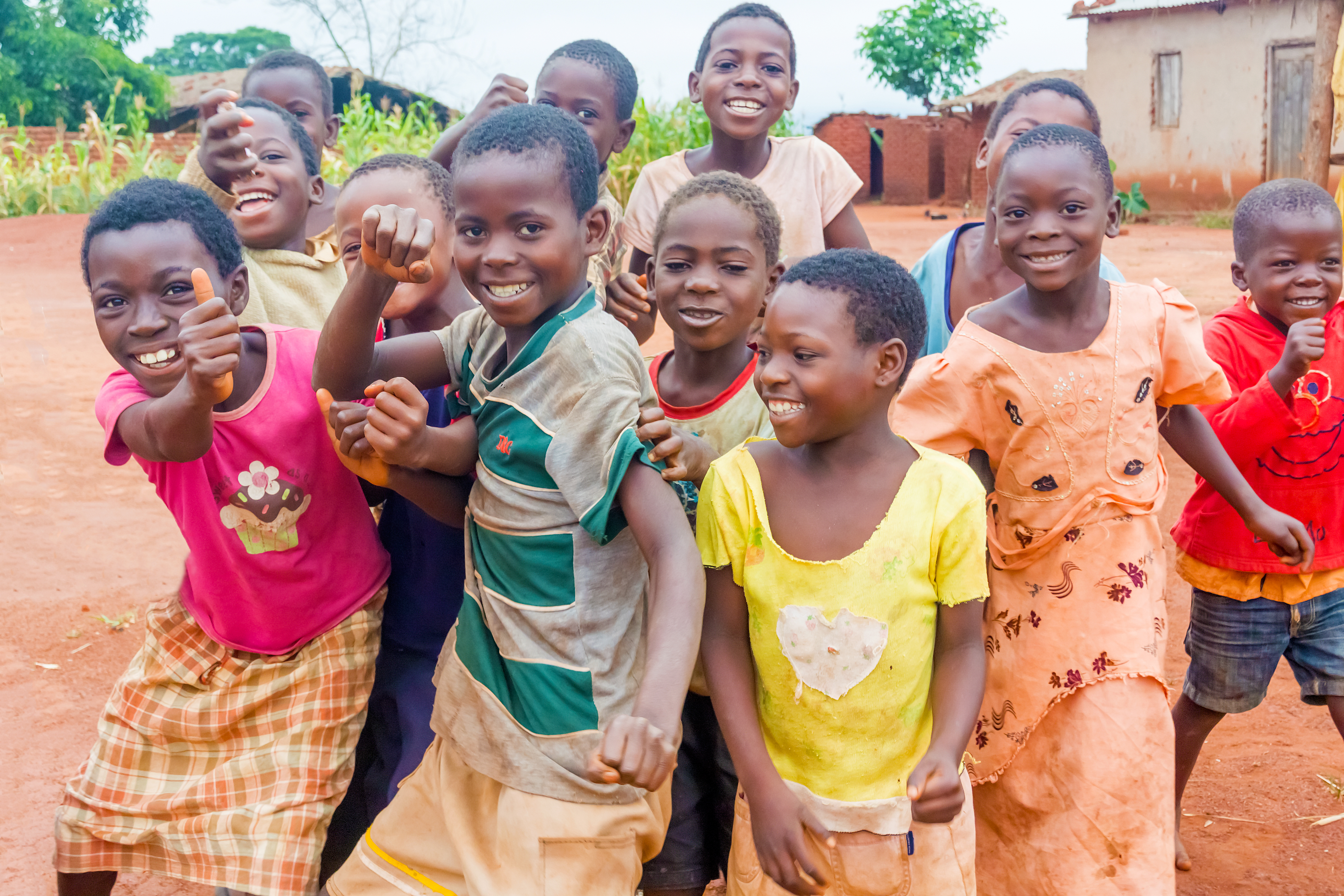Spirituality can often take a back seat in daily life. This can be especially true in the medical field, where so much attention is paid to the immediate physical well-being of patients. Developing spirituality is an essential goal for both healthcare providers and patients to take care of the whole self. Caring for others can be an inherently spiritual experience, however, when the focus is on the person rather than only their physical health.
Although nurses strive to care for a person holistically, physical care can come at the expense of spiritual care. Spirituality can be built and developed through service to others, as a person learns to give of themselves.
During a recent service trip to Malawi with World of Difference, faculty and staff at Ameritech College of Healthcare gained a new perspective into the lives of the people in this impoverished country. Through the service provided, those who participated in the trip gained a greater appreciation of the harsh conditions Malawians face.
Whether through gratitude, perspective or a new focus on caring for others, here are four of the takeaways the World of Difference crew uncovered for discovering spirituality through acts of service.
Learn to give of yourself
Serving others forces a person to give of themselves. While the service provided may be delivering goods and supplies to help others, the physical goods are often not what is most appreciated.
As we served in an orphanage in Malawi, we felt a strong connection with the children. We brought clothing, toys and even nail polish, but found the material items were not what they valued most.
As the children each got their nails painted by one of our team members, they quickly took the polish off and got right back in line to get them repainted. We realized what the children loved most was the interaction with our team. We learned that to serve, a person has to truly give of themselves.
Gain new perspective on life
In the impoverished country of Malawi, the people deal with hardships unknown to most people in the United States. Food is scarce and many people are severely malnourished. Life expectancy is approximately age 60 due to AIDS, tuberculosis and malaria, and half the population of 17 million is under age 18.
Despite the obstacles the people face, they do not complain. They were kind, patient and helpful to the people who visited. Seeing their remarkable strength and desire to serve and learn gave a new perspective on what is most important.
As Stephen R. Covey so aptly concluded in The 7 Habits of Highly Effective People: Powerful Lessons in Personal Change, “To change ourselves effectively, we first had to change our perceptions.”
Learn gratitude through service
The experiences Ameritech College of Healthcare staff gained in Malawi had a profound spiritual impact. They developed a heartfelt appreciation for the opportunities and resources available in the United States.
Working on building a school and teaching locals to construct long-lasting structures showed a stark contrast between our two worlds, yet the locals showed that a person can be happy and grateful wherever they live.
Caring for others involves more than technology
Serving the people of Malawi helped us understand there is so much more to nursing than the technology and resources that we have worked so hard to bring to medicine. It brought home the need for caring and nurturing others and ourselves.
One of the tenets of holistic nursing involves caring for the individual’s whole self, making sure to treat physical and spiritual needs. While the hospital in Malawi had few resources, they did have smart and dedicated doctors and nurses treating patients in a holistic manner. What was surprising was that the community, too, was similarly dedicated to assisting in that holistic caregiving as families came to the hospital to help care for patients by feeding them and washing their clothes.
One of the lessons we learned was that, although technology is a vital resource, it cannot replace caring for a person’s spirit.
By traveling to a third-world country, the Ameritech College of Healthcare group that joined World of Difference learned that making spirituality part of daily life is essential to take care of yourself and others. It helps caregivers focus on the body and soul and can improve healing.
As Ancient Chinese philosopher Lao Tzu, once said, “Kindness in words creates confidence. Kindness in thinking creates profoundness. Kindness in giving creates love.” Through serving the people of Malawi, our staff and students gained a better perspective of what is truly important and developed a deeper appreciation for compassionately caring for and nurturing others.


